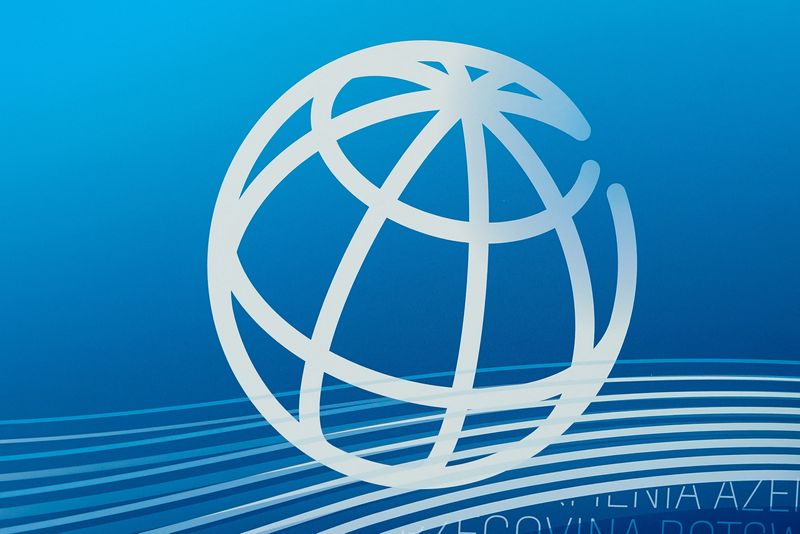Select Language

By Ope Adetayo
ABUJA (Reuters) - The World Bank has approved a total of $2.25 billion loan for Nigeria to help stabilise its economy following reforms and scale up support for the poor, it said in a statement on Thursday.
In April, Finance Minister Wale Edun said Nigeria was seeking up to $2.25 billion in World Bank loans and expects the bank's board to approve the request in June.
Nigeria President Bola Tinubu last year in May initiated the country's boldest reforms in decades, scrapping a popular but costly petrol subsidy and sharply devaluing the currency twice to try to kick-start growth. But the moves stoked inflation and worsened a cost of living crisis.
With the devaluation, the International Monetary Fund forecast that fuel subsidies could cost up to 3% of GDP this year as the increases in pump prices have not kept up with their dollar cost.
Labour unions also have been pressuring Tinubu to roll back reforms.
The World Bank said it approved a $1.5 billion loan to back Nigeria's reforms and another $750 million to accelerate revenue mobilisation.
It added that Nigeria has embarked on critical reforms to address economic distortions and strengthen its fiscal outlook, saying that the country has taken "initial critical steps to restore macroeconomic stability, boost revenues, and create the conditions to reignite growth and poverty reduction have been taken."
The loan will support Nigeria's effort to raise non-oil revenues and promote fiscal sustainability, which will help the West African nation deliver quality public services, the World Bank said.

